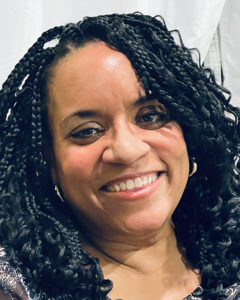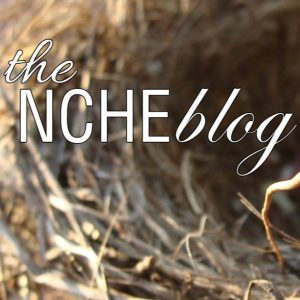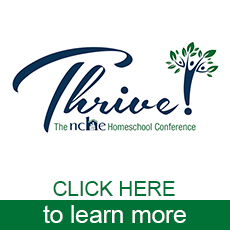 by guest blogger Cheryl R. Carter, May 2022
by guest blogger Cheryl R. Carter, May 2022
I did not earn my nickname the Educational Hound Dog by accident. I can sniff out the best educational approach faster than a rabid dog can pounce on an unsuspecting turtle. I won’t flaunt my academic acumen because I recognize that my zeal for scholastic matters may be a bit excessive at times. But I do have some advice that may sound conflictual to some parents. I won’t try to sugarcoat this recommendation, so, here it is: If you have serious developing writers, you should give them time off from their academic studies for some focused writing time. I know. I know. Some of you probably think your kids put me up to that declaration. They have not. However, even if they had, it does not make my statement any less true.
Give me a bit of time to make my case. If you are raising serious writers or novelists, they need time to explore the muse seriously. It has been my experience that young writers tend to be scholastically gifted. However, their grades might not always reflect their genius. There are reasons for this phenomenon. Schools often emphasize linear thinking skills, while writers are more creative. Creative thinkers differ from linear thinkers in that they must be actively involved in their learning. Albert Einstein, by the way, was a creative thinker. He discovered the theory of relativity while doing what might be called daydreaming. Some have speculated that he mused over the thought of falling—of someone falling and not feeling their weight. Thus, daydreaming led to the discovery of the Equivalence Principle, which basically states that the way the force of gravity is felt is the same as a fictitious (not real) force felt during acceleration.
Einstein’s brilliant discoveries essentially occurred because he had the time, space, and academic freedom to be alone with his thoughts. Writers, particularly serious writers, need such time. In my writing workshop classes, gifted writers are sometimes frustrated because their lives are so regimented that they have little time for the serious muse of writing. Lest you think “well, they are just children,” Mary Shelley was a mere nineteen years old when she penned the classic Frankenstein, having begun the novel at age seventeen. S.E. Hinton was fifteen when she finished the renowned novel, The Outsiders. Christopher Paolina wrote Eragon when he was fifteen, and Harper Collins published nine-year-old Alec Graven’s book, How to Talk to Girls. These successes do not surprise me because I see similar skills in my writing scholars and my developing authors every day.
My writing workshops, clubs, and classes create an atmosphere for writing freedom. In my workshop classes, I inspire young authors to develop their muse and to give and accept criticism from other young writers. In this environment, young authors find the freedom of expression and creativity. All great writers thrive in community. Although writing is a solitary activity, history has taught us the importance of writing communities.
From your high school English classes, you probably remember learning about the famous and historic writing colonies, settlements, and communities. My online writing workshops and classes seek to recreate these environments.
Budding young writers need dedicated time with peer-creators to have their writing cheered and affirmed. The Internet has provided a means for young writers to connect with writers of similar genres and ages. My writing scholars tell me that they enjoy my classes because they get writing advice that is not just from the teacher.
I hope you decide to give your child a bit of creative freedom this school year.
 Our guest blogger today, Cheryl Carter, and her husband, Derek, are two of our featured speakers at the upcoming Thrive! Conference. Cheryl is a professor, author, homeschooling mom, and the developer of the Young Author and College Prep Writing classes where through rigor, practice, and targeted skill building, students develop their collegiate and creative writing skills. Visit www.Learn4college.com/about to learn more.
Our guest blogger today, Cheryl Carter, and her husband, Derek, are two of our featured speakers at the upcoming Thrive! Conference. Cheryl is a professor, author, homeschooling mom, and the developer of the Young Author and College Prep Writing classes where through rigor, practice, and targeted skill building, students develop their collegiate and creative writing skills. Visit www.Learn4college.com/about to learn more.
Cover photo by Emmanuel Ikwuegbu on Unsplash




